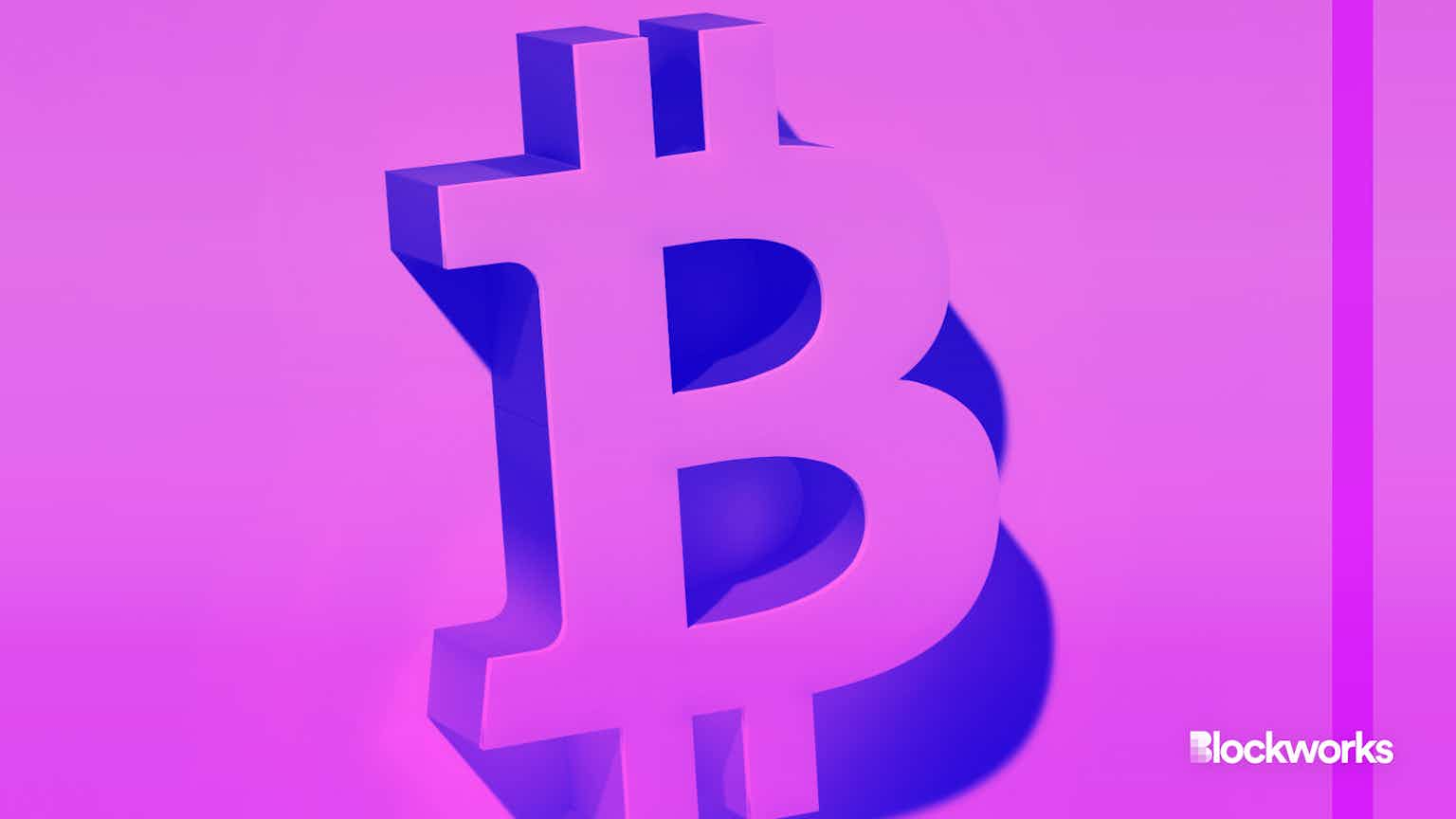South Korea Weighs New Measures for Blockchain Platforms
A self-regulatory body that would oversee market conditions and monitor compliance is also being considered

Traffic speeds through an intersection at night in Gangnam, Seoul in South Korea. Credit: Shutterstock
key takeaways
- New legislation for “blockchain-based platforms” is currently under consideration, though little detail has been provided
- The possibility of tightened regulations comes on the heels of Terra’s UST collapse and Celsius’ withdrawal suspension
South Korea’s ruling party is reportedly weighing up new measures in the spirit of consumer protection following recent market turbulence that has shaken confidence and raised fears of an impending large-scale crypto contagion.
People Power Party (PPP) chief policymaker Rep. Sung Il-jong said Monday his party is considering introducing legislation for “blockchain-based platforms,” without divulging exactly what is planned, in order to better protect investors.
The minister voiced the government’s intentions during a party-government consultative meeting on digital assets on Monday.
Sung alluded to portions of the special financial transaction law, which seeks to regulate money laundering and financing of terrorism, but said the law was not organized to deal with crypto specifically, Yonhap News reported.
The PPP and its integrated Financial Supervisory Service (FSS), which supervises financial institutions under direct oversight from the Financial Services Commission, will also set about establishing a self-regulatory regime.
Five of the country’s top exchanges — Upbit, Korbit, Bithumb, Coinone and Gopax — raised their hands during the meeting to launch a joint consultative body that will aim to monitor compliance with new and existing rules.
The possibility of new measures comes on the heels of TerraUSD’s collapse which triggered shockwaves across entire digital asset sectors in May as fear gripped the crypto market and prompted regulators to act.
The ruling party’s consideration also comes as crypto lender Celsius announced it would suspend withdrawals and transfers from its platform citing “extreme market conditions.”
“Concerns about the solvency of Celsius have peaked and the platform has responded by suspending withdrawals,” lead tech writer at Bybit Nathan Thompson told Blockworks Monday. “This is a defensive move by the company. However, users who cannot access their funds are understandably upset.”
In both instances, fears of a spillover to certain sectors of crypto — including decentralized finance (DeFi) and stablecoins — are causing further sell-side pressure in an already beleaguered environment.
Bitcoin’s price, which typically acts as a barometer for market health, continues to tumble, having shed 47% since May 5 from around $40,000 when murmurs over Terra’s demise began to coalesce.
Crypto prices are now at their lowest since December 2020, with investors eating losses and settling in for a potentially long bear market. Bitcoin was last seen changing hands for $21,500 and is down about 35% over a seven-day period, exchange data shows.
With a freshly elected government, South Korea has set out to reform many of its existing fiscal and economic policies, including its approach to digital assets. It is under those market conditions, as well as election promises, that South Korea’s PPP and FFS have justified a further tightening of regulations.
If the crypto market is to experience any “responsible growth,” the establishment of oversight and a regulatory system is important, FFS chief Lee Bok-hyun reportedly said Monday.
However, given the complex and unpredictable nature of crypto, establishing a self-regulatory regime through the participation of “private experts” also needs to be considered, Lee added.
Start your day with top crypto insights from David Canellis and Katherine Ross. Subscribe to the Empire newsletter.





